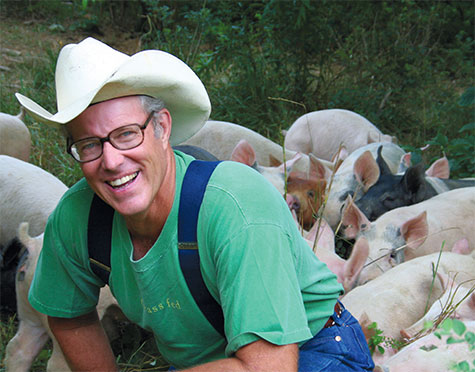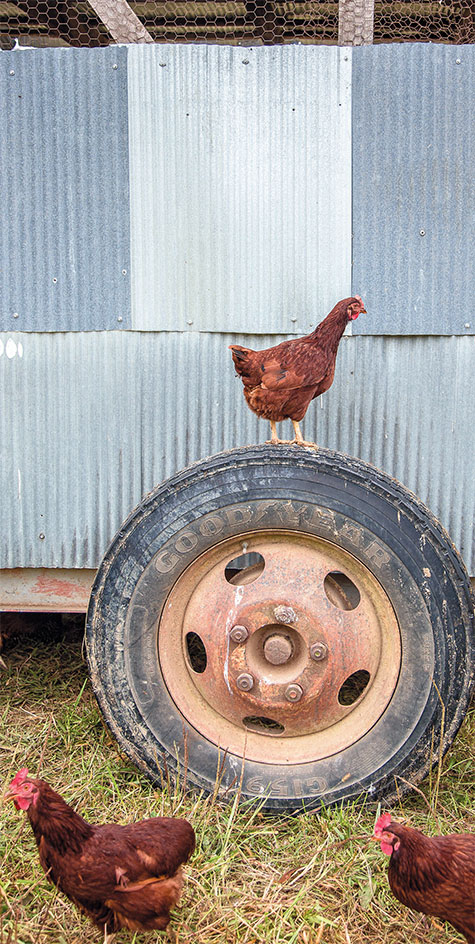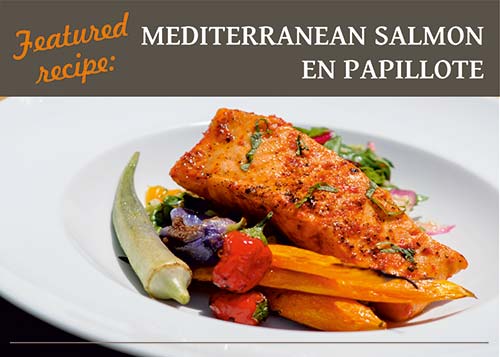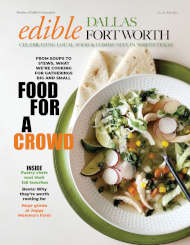 photo by Rachel Salatin
photo by Rachel Salatin
Story by Monica Johnson
Outspoken and charismatic, Virginia farmer Joel Salatin became a leading voice for sustainable agriculture after being featured in Michael Pollan’s book The Omnivore’s Dilemma, and later in the documentary Food, Inc. His family’s multi-generational Polyface Farms, located in the Shenandoah Valley, specializes in pasture-raised livestock and poultry.
Edible DFW’s Monica Johnson caught up with Salatin in April, just before his Dallas appearance at the 1st annual sŌl Conference, a sustainability gathering sponsored by Urban Acres and CES (Carbon Economy Series).
EDFW: You have proven that a farmer can make a good living. Recently, there has been some press about farmers who have become disenchanted, unable to pay themselves a living wage, and are struggling to survive. Can you speak to this?
JS: There’s no question that there are people like us making a good living on a farm. There are other people who don’t. Seventy percent of all businesses fail. People try new ventures and lose them—many of the wealthiest people in the world have gone belly up a couple of times. That’s how you learn. That’s the cycle of business.
The reason that failure is a little bit different for farmers is because we farmers are so close to what we produce, what we do. It’s an extension of our personas—it’s our self-actualization. So, this creates two problems. The first problem is that farmers wear an entitlement chip on their shoulder, like, ‘The world should love me because I’m a farmer, because I’m feeding the world, and the world should make sure I’m successful.’
The other problem is that our involvement in farming is not just business, it’s deeply personal and spiritual and emotional so that when we struggle, it’s not just a struggle for business, it’s a struggle for who we are as people, our ability to relate to life—to coax out of life, this new life. And that creates an additional level of angst when it’s a struggle, as opposed to a haberdasher or a shoemaker or whatever. What I see is that both of these things, the entitlement and the angst, make farmers lackadaisical about the business aspect.
“The reason that failure is a little bit different
for farmers is because we farmers are so close
to what we produce, what we do.”

photo by KSD Photography
EDFW: What advice would you offer to farmers or to someone who wanted to one day own a farm?
JS: All of the skills necessary for a successful farm enterprise don’t grow on one pair of legs. We’re essentially a tribe of hermit curmudgeons. That’s kind of an oxymoron—a tribe of hermits—but we are. We’re so independent—’I’m gonna do it my way!’
That independence limits our ability to bring success to ourselves and to our farm business. It limits us in bringing in people with complementary skills and talent that could be strong where we’re weak. And, we end up spending hours and time on things that we’re not good at and don’t like to do, and we’re denying somebody else their chance to shine.
So I think the first thing in starting out is to look at yourself in the mirror and say, ‘What are my strengths? What do I really like to do? If time and money were not an issue, what would I do tomorrow?’ And then, whatever you write down—make a beeline toward it and make sure that’s what you are spending your time on.
You don’t have to own the farmland; you just have to have control over it. And you can start with a little money, and then you can upgrade and move forward to leased or rented land.
Also, don’t feel like a masochist—that you have to take the hardest road. Deal with the easy stuff first. In business, we talk about picking the low hanging fruit. I know there’s a beautiful apple sitting up there in the peak of the tree but if getting to it, you knock two bushels off onto the ground and bruise them on the way to that apple in the peak of the tree, it’s just silly.
EDFW: In the movie Food, Inc. you stated that you had no desire to scale up or get bigger. Since then, you’ve had to grow to keep up with customer demand. What have been the challenges as you have grown?
The biggest challenge is managing people and caressing relationships so that as other people join us, we’re able to capture their vision or what floats their boat. That doesn’t mean that we hire employees. What we want are individually empowered people who create their own businesses, and then we can collectively market them through the Polyface brand. It’s a different business model. It’s not a franchise. I like the word ‘fiefdom.’
EDFW: You’ve had great success not just as a farmer, but also as a public speaker and as a mentor. Has this success been beyond your original dreams?
JS: Oh, no question, that’s an easy one. My wife and I just wanted to farm and have a place here that we call home. The idea of speaking and writing never even entered our minds. We could not have conceived where things have gone. We were just fighting for survival and in fact, we were a couple years into it before we thought that maybe we would survive.
We lived on a couple hundred bucks a month, but we were every bit as happy as we are today and that’s for sure. In fact, there are days that we’d like to go back to that, (Salatin chuckles) but the point I’m making is that initially the only goal was to farm full-time. That was it. What happens is that your context changes over time, and now we realize that there’s a bigger platform there. We leveraged a very small platform at that time, and now we want to be faithful in leveraging a larger platform in the context of our world today.
Edible Dallas & Fort Worth is a quarterly local foods magazine that promotes the abundance of local foods in Dallas, Fort Worth and 34 North Texas counties. We celebrate the family farmers, wine makers, food artisans, chefs and other food-related businesses for their dedication to using the highest quality, fresh, seasonal foods and ingredients.











